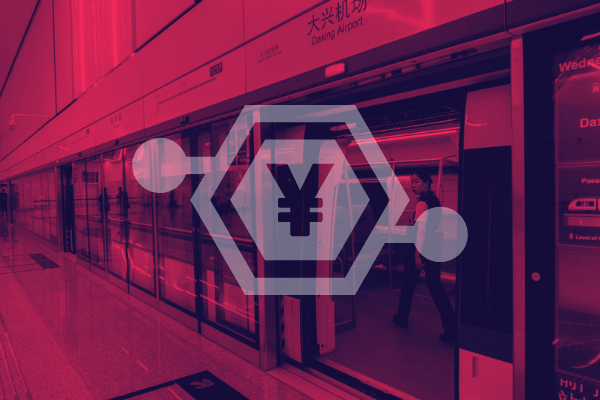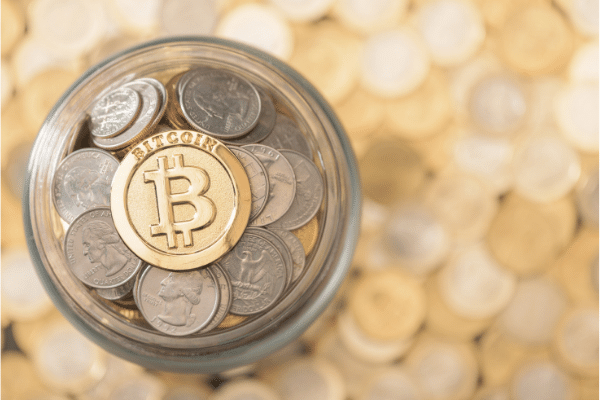As the Chinese central bank digital currency (CBDC) continues its adoption campaign, the city of Ningbo — located in China’s Northeast Zhejiang Province —has announced that the metro stations now accept digital yuan payment.
Ningbo’s industrial sector is very active and contains 9.5 million residents. It is the sole free trade zone in Zhejiang Province, as well as one of China’s only industrial parks with fully foreign-owned and deregulated hi-tech zone. It also served as a significant naval facility, housing the majority of the Chinese navy’s East China Sea fleet.
With these factors in mind, its public transportation system — which has five metro lines and three more currently under construction — is extremely crowded.
Ningbo residents who wish to pay with the token must do so through the subway system’s specific app, according to an official statement from the operator, Ningbo Rail Transit.
One of the six largest banks currently taking part in the digital yuan pilot, namely the Bank of China, the Industrial and Commercial Bank of China, the Bank of Communications, the Postal Savings Bank, the China Construction Bank, and the Agricultural Bank of China, will be asked to be linked to the e-CNY wallets from the app interface.
By doing this, locals will be able to use their wallets to pay for tickets by scanning QR codes on their mobile phones at the ticket barriers, which immediately triggers a wallet payment.
Although the metro operator emphasized that the payment option was being introduced as a “pilot”, it seems eager to encourage commuters to utilize the digital yuan. A specific number of commuters, chosen at random, will be charged with merely “one penny” (fractions of USD 1) to ride the metro until September 4. This is part of the introductory offer for those using the digital yuan as payment.
Whether the commuters are allowed to use digital yuan wallets to pay their metro fees directly was not made clear by the rail operator. It also made no mention of any options being offered to non-smartphone users who utilized the dubbed “hard wallets” — offline e-CNY smart cards that employ NFC technology.
However, the firm stated that its digital CNY “payment channels in the future” would “continue to update”.
As a result of this change, commuters in nine city subway systems throughout China’s rapidly growing digital yuan pilot can now pay using the CBDC.



